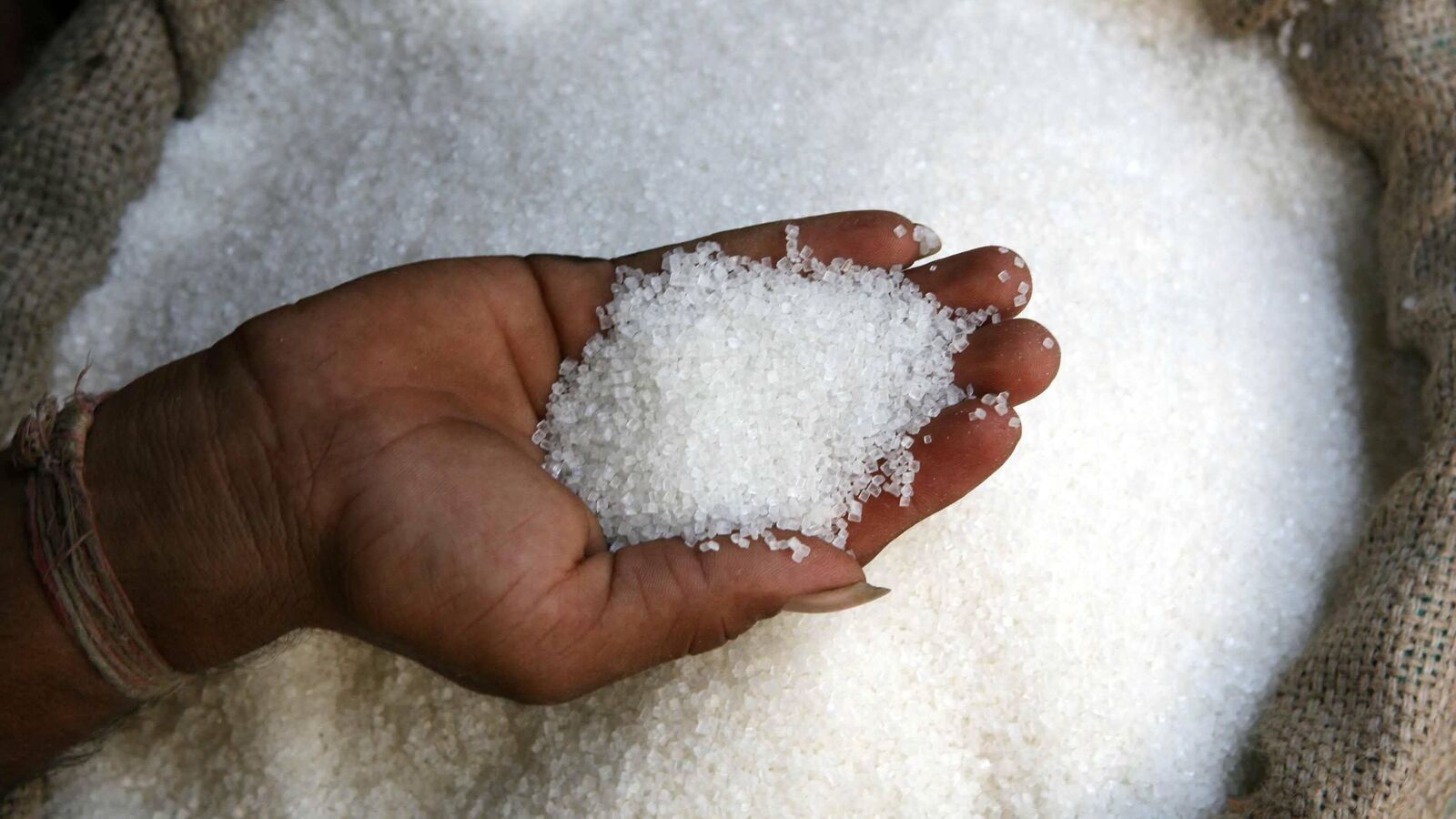The Union government has introduced a significant policy change, allowing sugar Sugarcane mills will use cane juice or syrup to produce ethanol for the ethanol supply year (ESY) 2024-25, which begins November 1, 2024. This update, disclosed in a notification on August 29, 2024, removes the previous limit on the amount of sugar that could be diverted for ethanol production.
In addition to cane juice and syrup, the new policy also allows the use of B-Heavy and C-Heavy molasses for ethanol production.
According to the Ministry of Consumer Affairs, Food and Public Distribution, “Sugar mills and distilleries are permitted to produce ethanol from sugarcane juice/sugar syrup, heavy molasses B and heavy molasses C during the fiscal year 2024-25 as per the agreement with the WTO.”
This adjustment aims to advance the government’s goals of promoting the use of renewable energy and reducing dependence on fossil fuels.
In addition, the government has allowed distilleries to purchase up to 2.3 million metric tonnes of rice from the Food Corporation of India, exclusively for ethanol production. This initiative is aimed at increasing ethanol production and promoting the broader strategy of blending ethanol with fuels.
To avoid interruptions at home sugar availability, the Department of Food and Public Distribution (DFPD) and the Ministry of Petroleum and Natural Gas (MoPNG) will work together to monitor and review the diversion of sugar for ethanol production.
The Ministry of Consumer Affairs, Food and Public Distribution said: “The DFPD, in coordination with the MoPNG, will periodically review the diversion of sugar to ethanol production in relation to sugar production in the country so that sugar availability is maintained throughout the year for domestic consumption.”
This policy change is part of the government’s ongoing efforts to boost ethanol production and support sustainable energy initiatives. By expanding the range of sugar derivatives permitted for ethanol production, the government seeks to improve the efficiency and adaptability of the ethanol supply chain while ensuring the stability of domestic sugar supplies.
The full implications of this policy change in the sugar The ethanol markets have not yet been revealed. Industry players and market analysts will be closely watching to assess the impact of these changes in the coming months.
Disclaimer:
The information contained in this post is for general information purposes only. We make no representations or warranties of any kind, express or implied, about the completeness, accuracy, reliability, suitability or availability with respect to the website or the information, products, services, or related graphics contained on the post for any purpose.
We respect the intellectual property rights of content creators. If you are the owner of any material featured on our website and have concerns about its use, please contact us. We are committed to addressing any copyright issues promptly and will remove any material within 2 days of receiving a request from the rightful owner.

